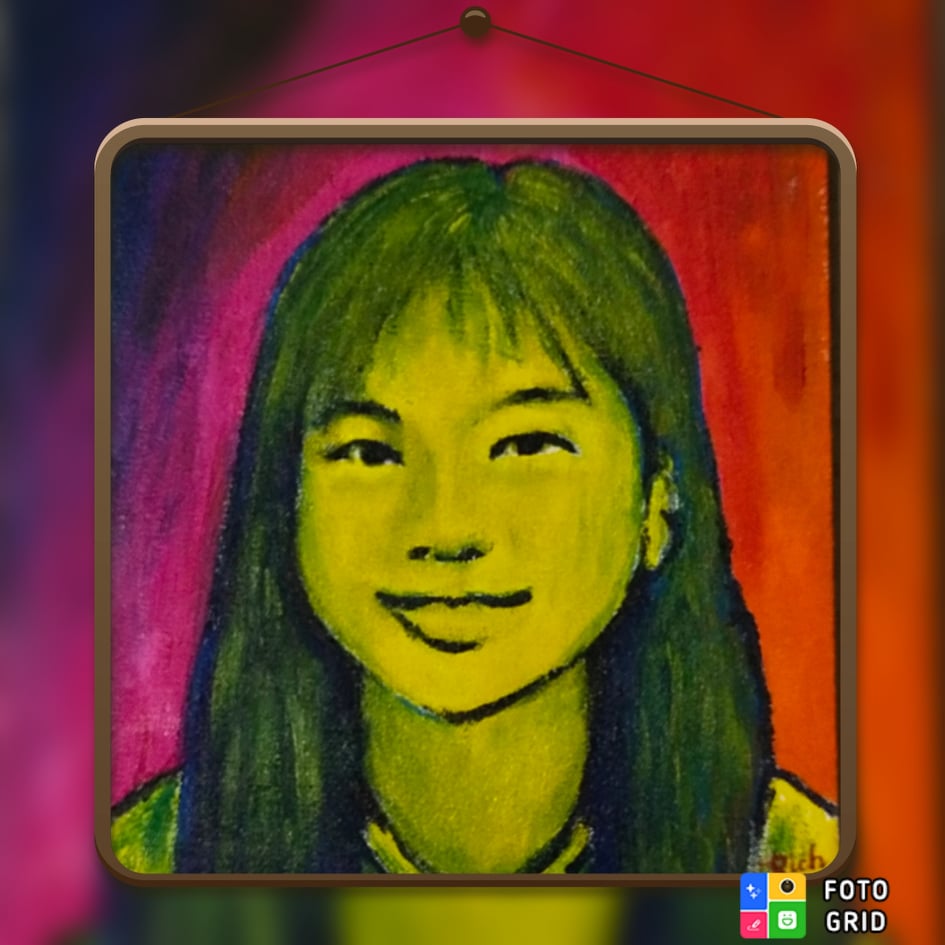
Art Appreciation
In this course, students' capacity to evaluate, analyze, and critique works of art is enhanced. This course provides students with a broad understanding of the practical, historical, philosophical, and social relevance of the arts using multidisciplinary and multimodal approaches, as well as the capacity to articulate their understanding of the arts. Students' ability to research and curate art, as well as conceptualize, mount, and evaluate art projects, is enhanced in this course. The course seeks to cultivate students' real appreciation for Philippine arts by allowing them to discover the diversity and depth of Filipino culture as well as their rootedness in it. (CMO 20 s 2013)
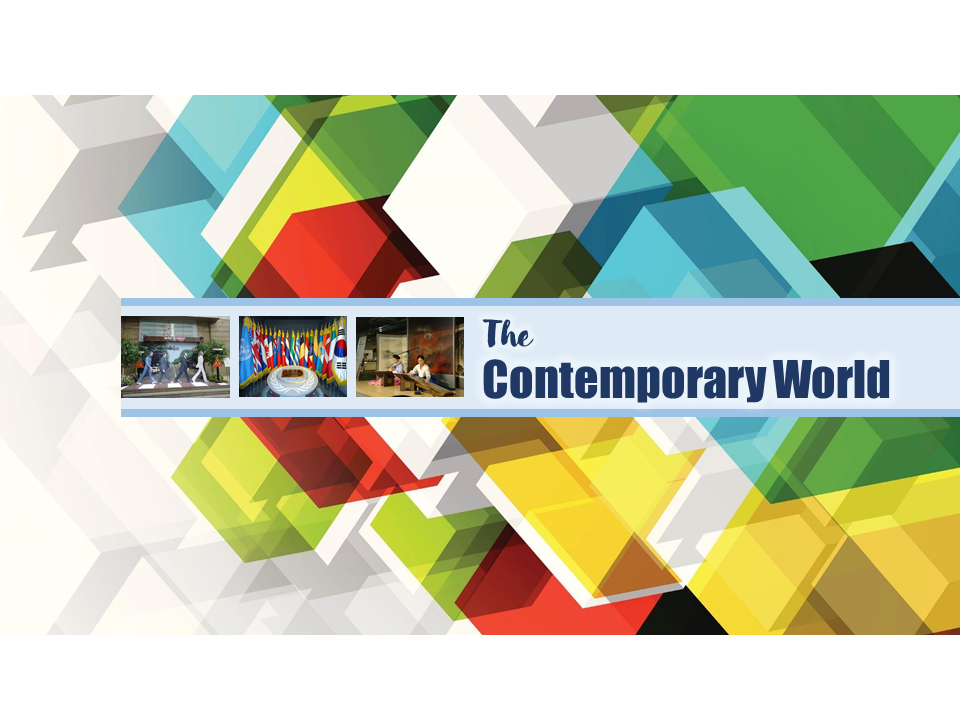
The Contemporary World
This course introduces students to the contemporary
world. It examines the phenomenon of globalization and the manner by which
global interconnectedness has transformed the global economy, politics, and
society. It exposes students to various debates on a wide range of issue-areas
at the national, regional, and global level, including global security, trade
and finance, development, nationalism, religion, and regionalism. Beyond
exposing students to variety of perspectives, it seeks to inculcate among them
a sense of global ethical responsibility and citizenship.
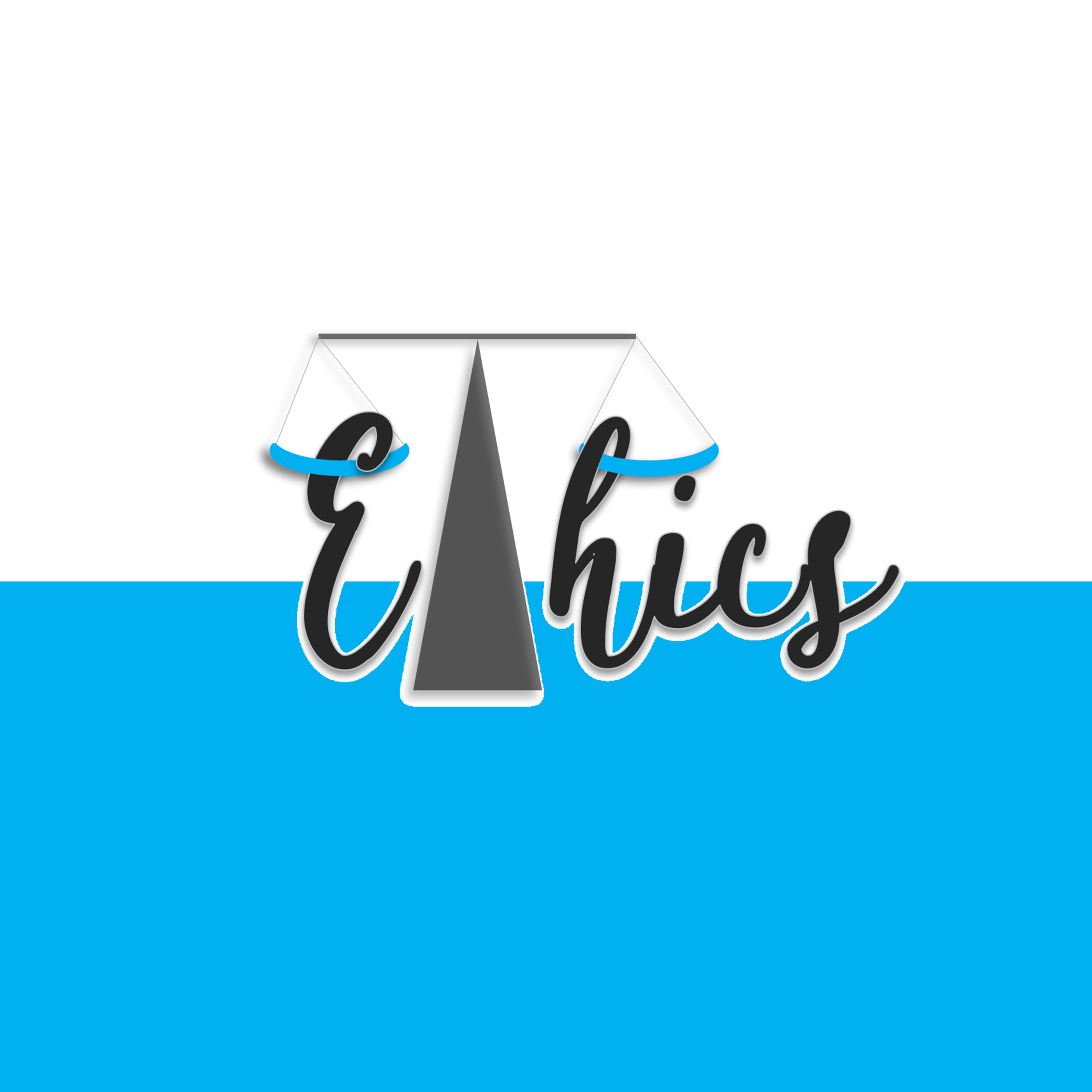
Ethics

Life and Works of Jose Rizal
This course delves into the life, works, and writings of Jose Rizal, the national hero of the Philippines. It covers the Rizal Law (a.k.a. Republic Act 1425), Rizal’s Biography from birth to death, his writings (particularly his two novels, The Noli Me Tangere and the El Filibusterismo), a number of his letters, essays and others (Commission on Higher Education).
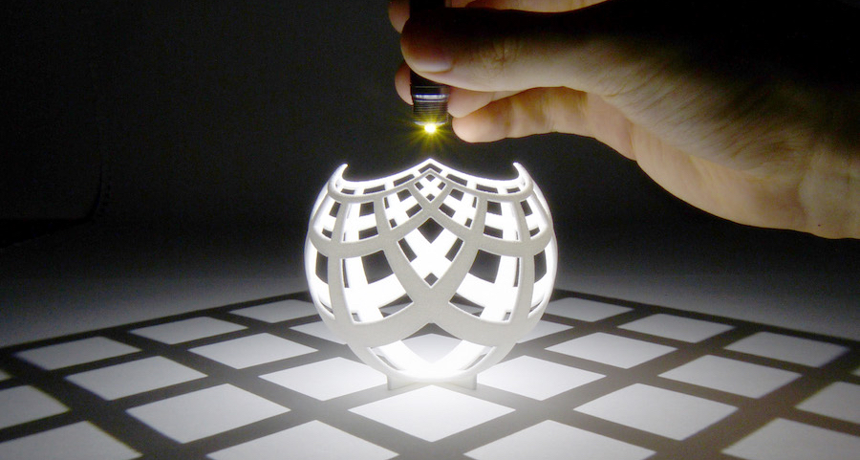
Mathematics in the Modern World
This course deals with nature of mathematics, appreciation of its practical, intellectual, and aesthetic dimensions, and application of mathematical tools in daily life.
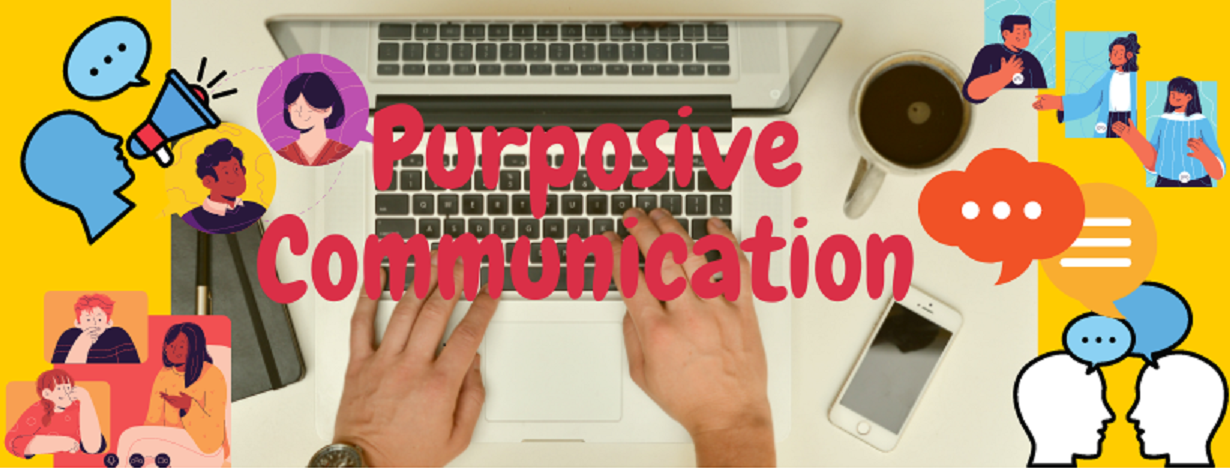
Purposive Communication
Purposive Communication is about writing, speaking, and presenting to different audiences and for various purposes. (CMO 20 s 2013)
Purposive Communication is a three-unit course that develops students’ communicative competence and enhances their cultural and intercultural awareness through multimodal tasks that provide them opportunities for communicating effectively and appropriately to a multicultural audience in a local or global context. It equips students with tools for critical evaluation of a variety of texts and focuses on the power of language and the impact of images to emphasize the importance of conveying messages responsibly. The knowledge, skills, and insights that students gain from this course may be used in their other academic endeavors, their chosen disciplines, and their future careers as they compose and produce relevant oral, written, audio-visual and/or web-based output for various purposes.
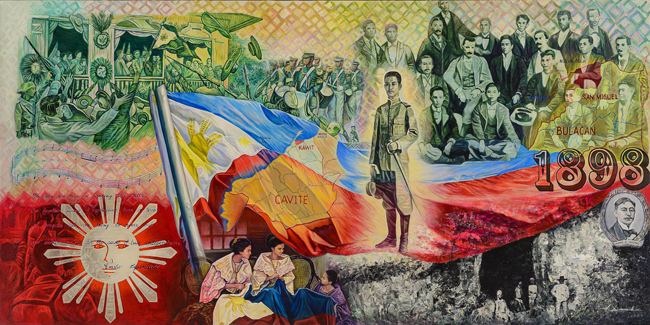
Readings in Philippine History
This course analyses Philippine history from multiple perspectives through the lens of selected primary sources coming from various disciplines and different genres. Students are given opportunities to analyze the author’s background and main arguments, compare different point of view, identify biases and examine the evidences presented in the document. The discussions will tackle traditional topics in history and other interdisciplinary themes that will deepen and broaden their understanding of Philippine political, economic, cultural, social, scientific and religious history. Priority is given to primary materials that could help students develop their analytical and communication skills. The end goal is to develop the historical and critical consciousness of the students so that they will become versatile, articulate, broadminded, morally upright and responsible citizens.

Science, Technology, and Society
The course examines how science and technology interact with the social, cultural, political, and economic settings in which they shape and are shaped. (CMO No. 20, series 2013)
This interdisciplinary course challenges students to examine the societal consequences of science and technology. Such realities saturate all aspects of our lives, including the personal, public, and global, and are essential to human progress. Scientific knowledge and technological growth take place in the framework of society, which includes all of its sociopolitical, cultural, economic, and philosophical roots. This course aims to provide students with reflective knowledge so that they can live a good life and make ethical decisions in the face of scientific and technological advances.
Climate change and environmental awareness are required subjects in this course.
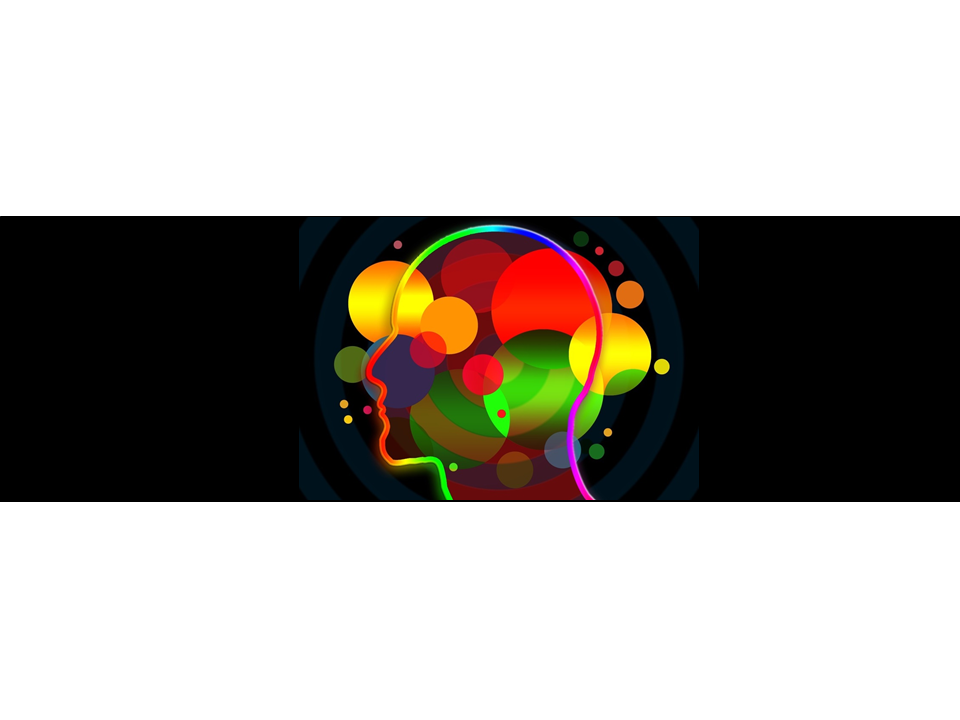
Understanding the Self
This course analyses Philippine history from multiple perspectives through the lens of selected primary sources coming from various disciplines and different genres. Students are given opportunities to analyze the author’s background and main arguments, compare different point of view, identify biases and examine the evidences presented in the document. The discussions will tackle traditional topics in history and other interdisciplinary themes that will deepen and broaden their understanding of Philippine political, economic, cultural, social, scientific and religious history. Priority is given to primary materials that could help students develop their analytical and communication skills. The end goal is to develop the historical and critical consciousness of the students so that they will become versatile, articulate, broadminded, morally upright and responsible citizens.